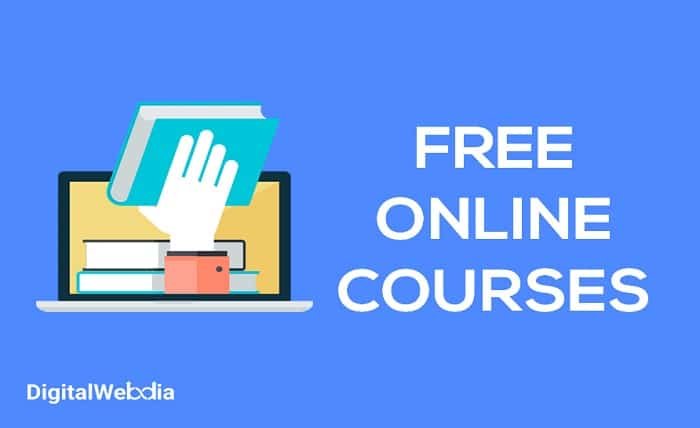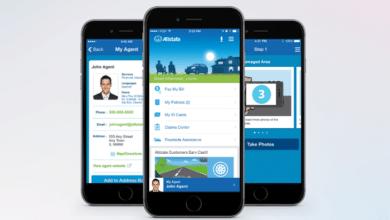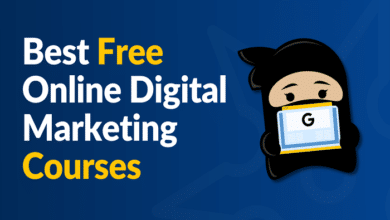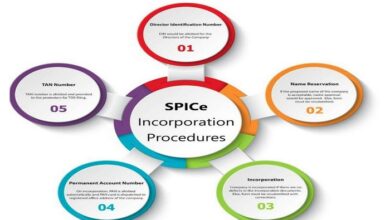
The world of education is changing rapidly. Gone are the days when learning was confined to traditional classrooms and expensive textbooks. Today, the internet offers a vast array of free courses, enabling individuals to learn new skills, enhance their knowledge, and grow professionally without spending a dime. These free courses cover everything from coding and data science to personal development and creative skills, making them an invaluable resource for anyone looking to expand their knowledge base.
In this blog post, we will explore the concept of free courses, their advantages, and how you can leverage them to transform your career. Whether you’re a student looking to supplement your studies or a professional seeking to upgrade your skills, free courses are a fantastic tool to help you achieve your goals.
The Rise of Free Online Courses
The internet has revolutionized how we access information, and online learning is no exception. Free online courses have gained significant popularity over the past decade, driven by the increasing demand for flexible, accessible, and affordable education. These courses are offered by some of the world’s top universities, organizations, and experts, making high-quality education available to anyone with an internet connection.
Platforms like Coursera, edX, Khan Academy, and Udemy offer a range of free courses in various subjects. Some courses are entirely free, while others offer a free version with the option to purchase a certificate or premium content. This democratization of education has made it easier for people from all walks of life to pursue learning without the barrier of high tuition fees.
The Benefits of Free Courses
There are numerous benefits to taking free courses, which can be particularly valuable if you’re looking to advance your career or explore a new area of interest. Here are some key advantages of enrolling in free courses:
- Affordable Learning: One of the most obvious benefits of free courses is that they don’t cost anything. Unlike traditional education, which can be expensive, free courses allow you to gain valuable knowledge without financial strain.
- Flexibility: Free online courses offer flexible learning schedules. Many platforms allow you to learn at your own pace, making it easier to balance your education with work, family, or other commitments.
- Wide Range of Subjects: Free courses cover a broad spectrum of topics, from technical skills like programming and graphic design to soft skills like leadership and communication. This variety enables learners to explore different fields without committing to a full degree program.
- No Entry Requirements: Most free courses have no prerequisites, meaning anyone can join, regardless of their educational background. This accessibility allows individuals to start learning at any stage of their career.
- Certification Opportunities: While many free courses offer their content at no cost, some also provide certificates upon completion. These certificates can be added to your resume or LinkedIn profile to showcase your new skills to potential employers.
Popular Platforms Offering Free Courses
If you’re interested in free courses, there are several well-established platforms that provide high-quality learning experiences. Here are some of the most popular ones:
1. Coursera
Coursera partners with top universities and organizations worldwide to offer free courses on various subjects. While many courses are free to audit, you can pay for a certificate if you wish to receive one. Coursera offers courses in subjects like computer science, business, arts, and humanities, allowing learners to explore a wide range of disciplines.
2. edX
edX is another leading platform that offers free courses from top universities like Harvard, MIT, and Stanford. Like Coursera, you can access the course materials for free but pay for certificates or additional features. edX is known for its rigorous academic courses, particularly in subjects like engineering, science, and technology.
3. Khan Academy
Khan Academy is a non-profit organization that provides free educational resources to learners of all ages. It covers a wide variety of subjects, with a strong focus on K-12 education. Khan Academy offers free lessons in math, science, history, economics, and more, making it an excellent resource for students.
4. Udemy
Udemy is a popular platform offering both paid and free courses in subjects ranging from programming and marketing to personal development and photography. While not all courses on Udemy are free, there are hundreds of free courses available, with new ones being added regularly.
5. FutureLearn
FutureLearn is a UK-based platform that offers a wide range of free online courses from universities and institutions around the world. The platform focuses on courses in areas like business, healthcare, technology, and the arts. While some courses require a fee for certification, the learning materials are generally free to access.
How to Make the Most of Free Courses
While free courses provide an excellent opportunity to learn, it’s important to approach them with a strategy to maximize your learning experience. Here are some tips for making the most of free online courses:
- Set Clear Goals: Before you start a course, determine what you hope to achieve. Whether it’s mastering a new skill, earning a certificate, or simply exploring a subject, having a clear goal will help you stay motivated and focused.
- Create a Study Schedule: Even though free courses offer flexibility, it’s still important to establish a study routine. Set aside dedicated time each day or week to complete lessons and assignments. Consistency is key to making progress.
- Engage with the Community: Many online courses have discussion forums or social media groups where students can interact. Engaging with other learners can enhance your understanding of the material and help you stay accountable.
- Apply What You Learn: To truly internalize the material, try to apply what you’ve learned in real-life scenarios. Whether it’s coding a simple project or using new management techniques at work, practical application reinforces your knowledge.
- Don’t Be Afraid to Ask Questions: If you encounter difficulties, don’t hesitate to reach out to course instructors or fellow students. Asking questions is a great way to clarify concepts and improve your understanding.
The Future of Free Courses
The future of free courses looks bright, with continuous advancements in technology and the growing demand for accessible education. As more institutions and companies embrace online learning, we can expect the availability and variety of free courses to expand further.
Additionally, the rise of artificial intelligence (AI) and machine learning may bring about personalized learning experiences, where courses adapt to individual needs and learning styles. This will make free courses even more effective in helping learners achieve their goals.
As the world becomes increasingly digital, the opportunity to learn and grow without financial barriers will only continue to grow. The future of free education is undoubtedly promising, and anyone willing to invest time and effort in their learning journey will benefit from the wealth of knowledge available online.
Conclusion
In today’s fast-paced world, free courses offer an incredible opportunity to expand your knowledge and gain new skills without incurring any costs. Whether you’re looking to enhance your professional abilities, explore new fields of interest, or simply learn for the sake of learning, free courses can help you achieve your goals.
With numerous platforms offering high-quality content across a wide range of subjects, the possibilities are endless. By committing to consistent learning and applying the tips provided in this post, you can make the most of the resources available to you and continue to grow both personally and professionally.
FAQs
1. Are free courses really free?
Yes, most free courses are completely free to access. However, some platforms may charge for certification or premium features.
2. Can I get a certificate for completing a free course?
Many platforms offer free courses with the option to purchase a certificate. Some platforms, like edX, also provide free certificates for certain courses under specific conditions.
3. Do free courses have the same quality as paid courses?
Yes, many free courses are taught by top universities or industry experts and are of the same high quality as paid courses.
4. How long do free courses take to complete?
The duration of free courses varies depending on the subject and platform. Most courses can be completed at your own pace, with some taking just a few hours, while others may span several weeks.
5. Can free courses help me get a job?
Yes, completing relevant free courses and showcasing your new skills on your resume or LinkedIn profile can enhance your job prospects. Some employers value practical knowledge gained through online courses.





